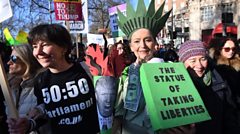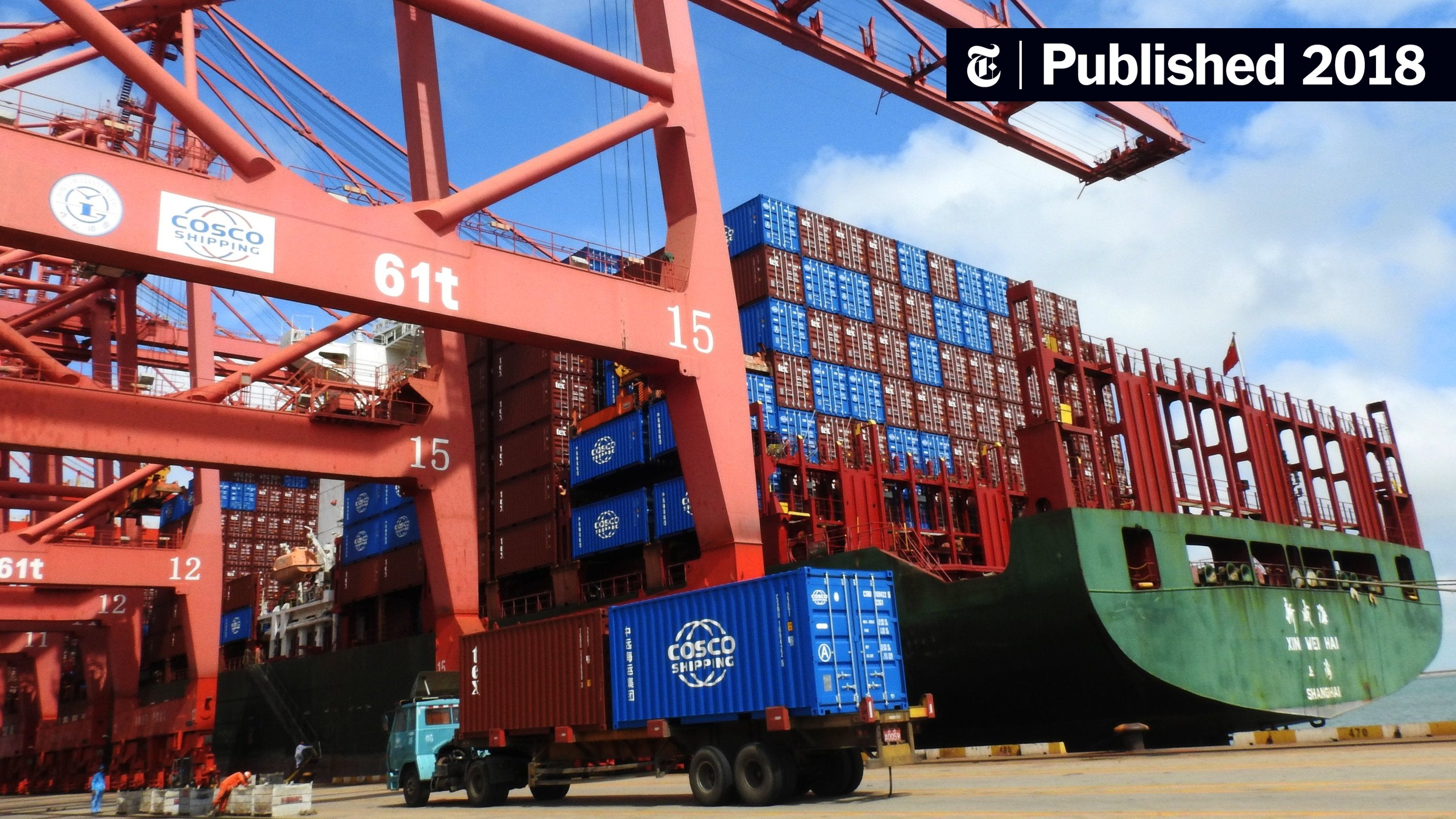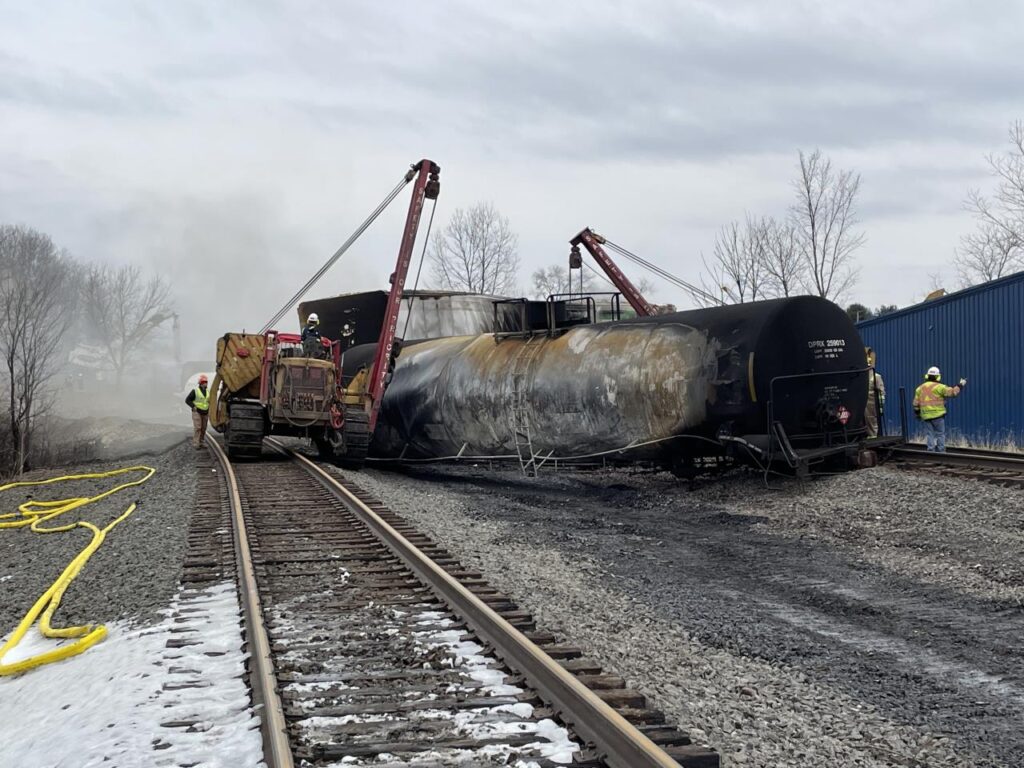Increased Rent In LA After Fires: Is It Price Gouging?

Table of Contents
The Surge in Rental Prices Post-Wildfires
The aftermath of a wildfire in Los Angeles brings a dramatic shift in the rental market. Two primary factors contribute to the surge in rental prices: increased demand and reduced housing supply.
Increased Demand
Wildfires displace countless residents, creating an immediate and intense demand for rental properties. This surge in demand quickly outstrips the available supply, driving up rental costs.
- Limited available housing: The number of available rental units shrinks dramatically as many are destroyed or rendered uninhabitable.
- Influx of displaced residents: Thousands of people suddenly need housing, creating fierce competition for the remaining units.
- Competition for available units: Landlords are often in a position to raise rents significantly due to the high demand and limited options available to renters.
This classic supply and demand dynamic is amplified in the aftermath of a wildfire. For example, in the months following the 2018 Woolsey Fire, rental prices in nearby unaffected areas like Calabasas saw increases of 15-20%, according to local real estate reports. This illustrates how a crisis can drastically impact the rental market, often disproportionately affecting lower-income residents.
Reduced Housing Supply
Wildfires directly reduce the availability of rental units through destruction and damage.
- Damage to rental properties: Many rental properties suffer significant damage, requiring extensive repairs or complete rebuilding.
- Loss of housing stock: The destruction of homes and apartments removes a substantial portion of the rental inventory from the market.
- Lengthy rebuilding process: Repairing or rebuilding damaged rental units can take months, or even years, leaving a significant housing shortage in the interim.
This reduced supply exacerbates the already tight rental market in Los Angeles, creating a perfect storm for rent increases that may disproportionately impact vulnerable populations. The long-term effects on both renters and landlords require careful consideration and policy interventions.
Is it Price Gouging? Understanding the Legal Definition and Implications
The significant rent increases following wildfires raise concerns about price gouging. Understanding California's laws is crucial in determining whether these increases are illegal.
California's Price Gouging Laws
California has specific laws against price gouging during states of emergency, including those declared after natural disasters like wildfires.
- Definition of price gouging in California: California law prohibits sellers from raising prices "unconscionably" during a state of emergency. This means a price increase that is excessive and unfair.
- Penalties for violation: Violations can result in substantial fines and other penalties.
- Enforcement agencies: The California Attorney General's office and local District Attorneys are responsible for investigating and prosecuting price gouging cases.
- Covered goods and services: These laws generally apply to essential goods and services, which can include housing, though the interpretation can be complex.
It's important to consult the specific California statutes (e.g., California Business and Professions Code Section 20700 et seq.) and related government resources for the most accurate and up-to-date information.
Proving Price Gouging
Demonstrating that a rent increase constitutes illegal price gouging can be challenging.
- Evidence required: Tenants need to provide evidence of the rent increase, the declared state of emergency, and demonstrate that the increase is unconscionable compared to pre-fire rates in similar units.
- Market analysis: An analysis of rental rates in comparable properties before and after the fire is often necessary.
- Comparison to pre-fire rental rates: Showing a significant, unjustified increase compared to the pre-fire rent is key to establishing a case.
The burden of proof typically lies with the tenant or tenant rights organization bringing the claim. They must provide substantial evidence to prove that the rent increase was excessive and unjustified under the circumstances. Tenant rights organizations can provide valuable assistance in navigating these complex legal processes.
The Broader Context: LA's Housing Crisis and Affordability
The increased rent in LA after fires doesn't exist in a vacuum; it's layered upon an already severe housing crisis.
Pre-existing Housing Shortages
Los Angeles has long struggled with a shortage of affordable housing, characterized by:
- High cost of living: The cost of living in LA is exceptionally high, making housing unaffordable for many residents.
- Limited affordable housing options: The supply of affordable rental units is extremely limited, creating intense competition for available properties.
- Increasing population: A growing population further strains the already limited housing resources.
This pre-existing housing shortage makes the post-fire rental increases even more devastating, pushing many residents into further hardship and potentially homelessness.
Long-Term Implications for Displaced Residents
The effects of displacement due to wildfires extend far beyond the immediate crisis. Displaced residents face significant long-term challenges:
- Difficulty finding affordable housing: Even after the initial emergency subsides, many find it difficult to secure safe and affordable housing.
- Relocation costs: Relocating can be expensive, requiring money for deposits, moving expenses, and potentially even first and last month's rent.
- Emotional toll: The experience of losing one's home and community has a significant emotional and psychological impact.
Government assistance programs and non-profit organizations can offer some support to displaced residents, but the scarcity of affordable housing in LA often hinders their ability to fully assist everyone in need.
Conclusion
Wildfires in LA significantly impact rental markets, causing dramatic increases in rental prices. While some rent increases might be justified by market forces, understanding California's price gouging laws and tenant rights is crucial to prevent exploitation. The pre-existing housing crisis in LA exacerbates the issue, resulting in profound hardship for countless residents. If you believe you are a victim of price gouging after a wildfire in Los Angeles, learn your rights and explore available resources to protect yourself. Report suspected price gouging to your local tenant rights organization or the relevant government agency and fight for affordable housing options in the aftermath of these devastating events. Don't hesitate to seek legal counsel if you're facing unfairly increased rent in LA.

Featured Posts
-
 Broadcoms V Mware Deal An Extreme Price Hike For At And T And Others
May 05, 2025
Broadcoms V Mware Deal An Extreme Price Hike For At And T And Others
May 05, 2025 -
 National Election In Australia A Litmus Test For Global Anti Trump Sentiment
May 05, 2025
National Election In Australia A Litmus Test For Global Anti Trump Sentiment
May 05, 2025 -
 Harvard President Revoking Tax Exempt Status Would Be Highly Illegal
May 05, 2025
Harvard President Revoking Tax Exempt Status Would Be Highly Illegal
May 05, 2025 -
 Norways Nicolai Tangen And The Impact Of Trumps Tariffs
May 05, 2025
Norways Nicolai Tangen And The Impact Of Trumps Tariffs
May 05, 2025 -
 Ohio Derailment Aftermath Long Term Presence Of Toxic Chemicals In Nearby Structures
May 05, 2025
Ohio Derailment Aftermath Long Term Presence Of Toxic Chemicals In Nearby Structures
May 05, 2025
Latest Posts
-
 Calgary Flames Wolf Playoff Predictions And Calder Trophy Discussion With Nhl Com
May 05, 2025
Calgary Flames Wolf Playoff Predictions And Calder Trophy Discussion With Nhl Com
May 05, 2025 -
 2025 Playoffs Capitals And Vanda Pharmaceuticals Announce Collaborative Initiatives
May 05, 2025
2025 Playoffs Capitals And Vanda Pharmaceuticals Announce Collaborative Initiatives
May 05, 2025 -
 Nhl Com Q And A Wolf On Calgary Flames Season Playoff Outlook And Calder Race
May 05, 2025
Nhl Com Q And A Wolf On Calgary Flames Season Playoff Outlook And Calder Race
May 05, 2025 -
 Washington Capitals 2025 Playoffs Plan Key Initiatives Announced
May 05, 2025
Washington Capitals 2025 Playoffs Plan Key Initiatives Announced
May 05, 2025 -
 Capitals Announce 2025 Playoffs Initiatives A Vanda Pharmaceuticals Partnership
May 05, 2025
Capitals Announce 2025 Playoffs Initiatives A Vanda Pharmaceuticals Partnership
May 05, 2025
